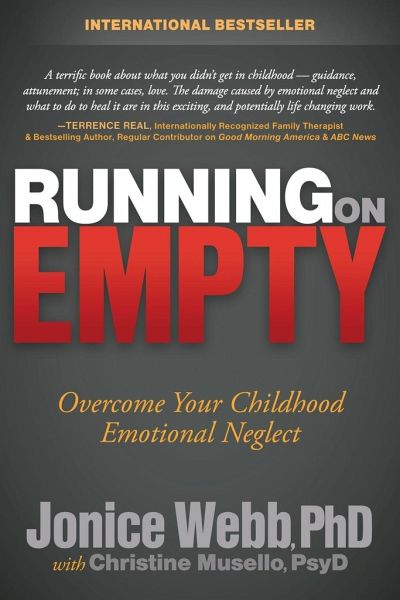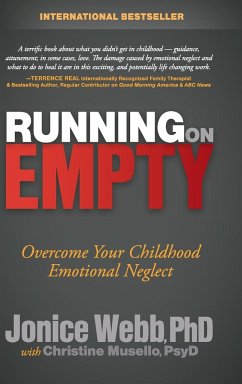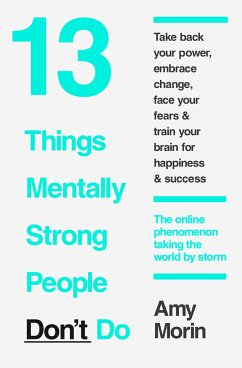
Running on Empty
Overcome Your Childhood Emotional Neglect
Versandkostenfrei!
Versandfertig in 1-2 Wochen
17,99 €
inkl. MwSt.
Weitere Ausgaben:

PAYBACK Punkte
9 °P sammeln!
A large segment of the population struggles with feelings of being detached from themselves and their loved ones. They feel flawed, and blame themselves. Running on Empty will help them realize that they're suffering not because of something that happened to them in childhood, but because of something that didn't happen. It's the white space in their family picture, the background rather than the foreground. This will be the first self-help book to bring this invisible force to light, educate people about it, and teach them how to overcome it.














